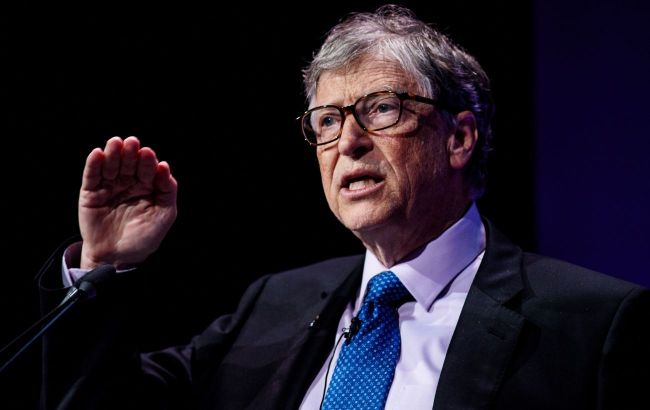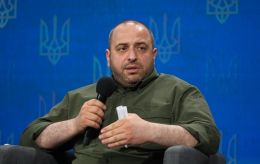Bill Gates makes bold statement on AI's future
 Gates has always been an innovator (photo: Getty Images)
Gates has always been an innovator (photo: Getty Images)
Artificial intelligence and smart technologies are no longer surprising. However, some fear a future based on "dangerous machines." The famous American businessman, author, and philanthropist Bill Gates has his point of view on this issue, which he expresses on GatesNotes.
The future of smart technologies
According to the businessman, this year has given humanity an idea of how AI will shape the future. After all, we now have "a better idea of what types of work AI will be able to perform on its own and what types of work it will act as a co-pilot for."
"Now, more than ever, it is clear that artificial intelligence can be used to increase productivity and expand access to education, mental health, etc.", the philanthropist believes.
At the same time, he says, humanity is only at the beginning of this journey.
New AI-based solutions and inventions that will be introduced over the next year (especially in medicine and education) are preparing "the ground for a large-scale technological boom at the end of this decade."
"If you haven't figured out how to best use AI yet, you're not alone," the entrepreneur says, adding that innovation has been responsible for a significant improvement in life over the past century.
When Gates first used AI for work
According to the billionaire, his work has always been based on the basic idea that innovation is the key to progress. That is why he created Microsoft and later founded the Gates Foundation.
He first used artificial intelligence for work and "other serious tasks" in 2023.
Gates admits that before that, he had been "tinkering" with AI and "creating parody song lyrics for his friends".
"I suspect the same is true for many people. We are at the beginning of a huge technological transition. It's an exciting and confusing time," he says.
Favorite story about innovation
Microsoft's founder admitted that his favorite story about innovation is based on the following statistics: since 2000, the number of children dying before the age of five has been halved in the world.
According to him, this breakthrough was achieved thanks to the innovations used by researchers.
"Scientists invented new ways to make vaccines that were faster and cheaper, but just as safe. They developed new delivery mechanisms that worked in the most remote places in the world, allowing more children to be reached. And they created new vaccines that protect children from deadly diseases like rotavirus," the businessman explains.

